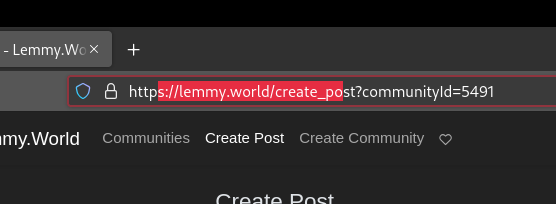this post was submitted on 26 Nov 2024
282 points (98.3% liked)
Linux
48376 readers
1770 users here now
From Wikipedia, the free encyclopedia
Linux is a family of open source Unix-like operating systems based on the Linux kernel, an operating system kernel first released on September 17, 1991 by Linus Torvalds. Linux is typically packaged in a Linux distribution (or distro for short).
Distributions include the Linux kernel and supporting system software and libraries, many of which are provided by the GNU Project. Many Linux distributions use the word "Linux" in their name, but the Free Software Foundation uses the name GNU/Linux to emphasize the importance of GNU software, causing some controversy.
Rules
- Posts must be relevant to operating systems running the Linux kernel. GNU/Linux or otherwise.
- No misinformation
- No NSFW content
- No hate speech, bigotry, etc
Related Communities
Community icon by Alpár-Etele Méder, licensed under CC BY 3.0
founded 5 years ago
MODERATORS
you are viewing a single comment's thread
view the rest of the comments
view the rest of the comments

I love the flatpak Wayland portals and systemd desktop stack. It allows Linux to finally have some sort of standard that everyone agrees on. This is what has been holding Linux back for so many years, it's basically impossible to build a Linux app that will work for everyone because of this. Now we have a single dedicated system APIs that is available basically everywhere
Uhmm.. It was always possible to make an "app" that works on all linuxes the same.
There was always a need for a specific system dependency like for the file picker. There was no universal API that uses a system provided way to have a file picker. It had to be hacked together by adding dependencies to the app and everything that comes with this
Well yes, but not really as not all desktops agree on and implement various wayland protocols and other features like the system tray, server side decorations, etc, etc. Quite a number of apps don't work everywhere or appear broken depending on their environment. I've seen it happen live in a couple of youtube videos. People trying linux and having a problem that only exists on the desktop environment they were using.
But I agree with the sentiment. Better than before.
Eh, it's mostly everyone agrees but Gnome doesn't
the good thing is that virtually everyone uses GNOME and KDE, so the small issues are mostly encountered by more advanced users with custom setups. The main point is that app developers can now develop apps that will work anywhere that implements the required features, and if it doesnt, then too bad, show an error message. Its the same kind of problem with, for example, webcams. The user may or may not have a webcam connected, in which case you display an error popup with a clear message that it does not work because the feature is not implemented. They could go into fallbacks but those are usually platform/desktop specific (which goes against the point of building using the standard stack)